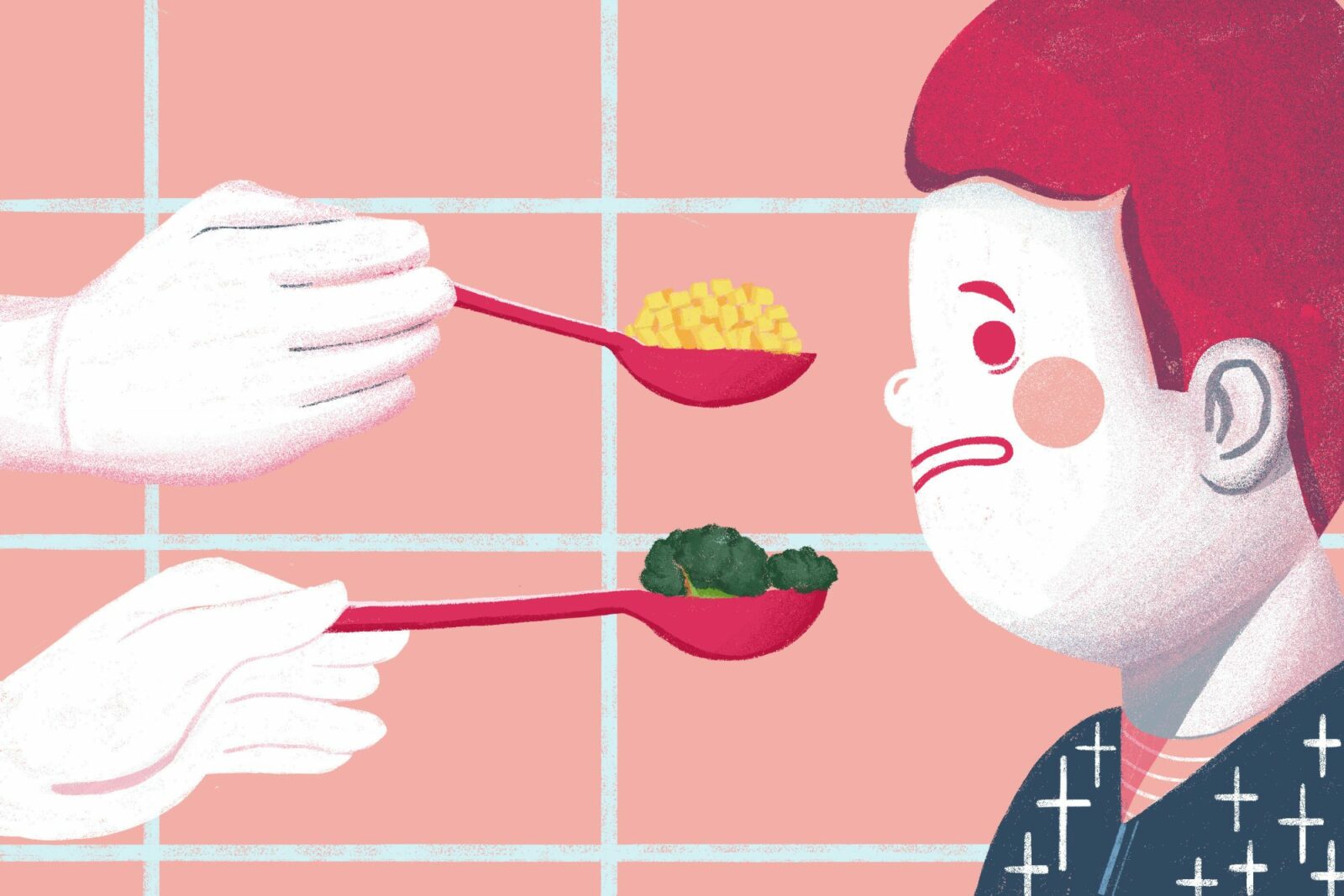COVID-19 causes a syndrome called parosmia, making youngsters averse to eating, with many unable to eat at all.
Parents should maintain a dietary record to help identify the disease. Experts say COVID-19 is making more kids picky eaters.
The virus is causing more children to develop parosmia, which causes odd and frequently unpleasant scent distortions.
Chocolate may smell like fuel and lemon like rotten cabbage. Experts at UEA and Fifth Sense, a charity for individuals with smell and taste issues, believe youngsters may be unable to consume things they used to like.
Experts say the illness puts youngsters off eating, and many may find it impossible to eat at all, according to Norwich Medical School Professor Carl Philpott.
As a result of fewer smell receptors operating, people with parosmia can only pick up specific components of a scent combination.
“We know that an estimated 250,000 adults in the UK have suffered parosmia as a result of a COVID infection.
Since COVID entered schools in September, experts grew more conscious that it affects students.
According to Fifth Sense chairman and creator Duncan Boak, doctors have blamed nutritional issues and weight loss on picky eating. He added he met his first adolescent patients with parosmia because of Covid.
He Stopped Eating
Malisse Kafi, 11, got coronavirus in September and has been unable to eat since everything tastes “like poo and rotten eggs.”
Dawn Kafi said:
“He just stopped eating, food was making him retch and gag. It was horrendous.”
He had parosmia and was given a nasal spray, but it didn’t work. In November, he dropped 2kg and got dehydrated, slurring his speech. The child needed to be fed via a tube in his nose and stomach. Malisse still has the disease, but he has some safe meals and improves.
Parental Advice
Prof Philpott and Fifth Sense are releasing guidelines to assist parents and doctors in identifying the illness. Parents are recommended to maintain a dietary journal.
Prof Philpott added that common triggers include preparing meat with onions or garlic and the scent of freshly brewed coffee.
Parents and caregivers can encourage youngsters to try meals with milder flavors such as pasta, bananas, or mild cheese to find out what they can tolerate or like.
Vitamin and protein milkshakes in vanilla or flavorless help kids obtain their nutrients without the flavor.
Also, a soft nose clip or holding the nose while eating might help block out tastes.











Leave a Reply